We’re Nurturing UNDERREPRESENTED Entrepreneurs to Beat the Odds
90%
of startup’s fail
18%
of first-time startup founders are successful.
10%
of new businesses don't survive the first year.
22%
of startups that fail don’t have a sound marketing strategy.

The Racial & Wealth Gap in the U.S.
Income Disparities: On average, Black and Indigenous women earn just 61 cents for every dollar earned by their white male counterparts. This wage gap not only affects individuals but also perpetuates generational inequalities.
Wealth Inequality: The median wealth of white households is nearly eight times that of Black households and five times that of Hispanic households. This wealth gap means less access to resources for education, homeownership, and entrepreneurship within BIPOC communities. According to a study by McKinsey, If we change nothing, the Black-white wealth gap will cost the U.S. GDP 4-6 percent or $1 trillion by 2028.
Entrepreneurial Disparities: While entrepreneurship is a pathway to wealth creation, BIPOC women and nonbinary individuals face significant barriers in accessing capital and resources. Less than 1% of venture capital funding goes to businesses led by BIPOC founders, limiting their growth potential.
Source: Common Future
Black Women in the U.S. are the Fastest Growing Entrepreneur Group.
But they’re STILL NOT WINNING.
27M
business owned by Black women in the U.S.
61%
of Black women self-fund their new businesses.
$24K
the average revenue of a Black-woman owned business in the U.S.
1. Only 2% of venture capital funding goes to U.S. female-only founder teams.
2. Black women are the fastest growing demographic of entrepreneurs in the U.S., with nearly 2.7 million businesses nationwide. However, there are fewer established businesses run by Black women relative to their high rate of entrepreneurship, with just 3% of Black women running mature businesses. (Maturation is widely recognized as a business surviving past five years.)
3. 61% of Black women entrepreneurs self-funding their startup capital. This comes even though just 29% of them live in households with incomes over $75,000, compared to 52% of White men.
4. Black female founders earn an average revenue of just $24,000, compared to $142,900 among all women-owned businesses. (AMEX, 2021)
Sources: Chase, AMEX.

Why Focus on U.S. Caribbean Led Brands & Organizations?
The Caribbean's cultural, economic, and social impact in the U.S. and Canada is substantial, spanning business, social media, and various industries.
General Demographics & Growth
The Caribbean diaspora in the United States is comprised of more than 8.5 million individuals who were either born in the Caribbean or reported ancestry of a given country in the Caribbean (U.S. Census Bureau's 2019 ACS.) Caribbean American-owned businesses have grown by 28% since 2015, outpacing the national average of 18%
Major concentration areas: New York (48%), Florida (27%), New Jersey (8%), with growing presence in Texas and Georgia
Caribbean Economic Impact in Business
U.S. and Canada Markets:
Immigrant Entrepreneurship: Caribbean immigrants and diaspora communities contribute billions annually to the North American economy through small and medium-sized businesses in industries like food, retail, hospitality, tourism, and entertainment. Caribbean-owned businesses often dominate niches like restaurants, fashion, haircare, and events. For example, Jamaican jerk and Trinidadian doubles are staples in urban areas.
In 2019, the U.S. Caribbean immigrant population contributed $2.4 billion in remittances to their home countries. While this reflects outflows, it highlights their earning power.
Tourism and Hospitality: Many Caribbean brands partner with U.S. and Canadian travel agencies, promoting "Caribbean lifestyle experiences" valued at $3 billion annually.
Industry Concentration
Caribbean American entrepreneurs show strongest presence in:
Food Service & Restaurants (22%)
Healthcare & Medical Services (18%)
Professional Services (15%)
Beauty & Personal Care (12%)
Import/Export & International Trade (10%)
Combined Social Media and Business Impact
When combining the business contributions of Caribbean entrepreneurs, their influence in travel/tourism, and the monetization of cultural trends on social platforms:
Estimated Annual Value in U.S. and Canada: $10-$12 billion.
This reflects their reach across industries, including small businesses, the tourism economy, and the social media-driven "Caribbean lifestyle" economy.
Success Metrics
Caribbean American businesses that implement strategic planning tools show 65% higher survival rates after 5 years
Top performing sectors:
Food & Beverage: 72% success rate after 3 years with proper planning
Healthcare Services: 68% success rate
Professional Services: 64% success rate
Caribbean immigrants have immense social capital: deeply entrenched immigrant networks and geographically densely concentrated – which is integral to the entrepreneurial process. CBN serves to be a platform where Caribbean Americans business owners can gather, engage in rich discourse about our culture and entrepreneurship and our work aims to further help close the wealth gap.
Caribbean founders and community leaders have unique insights, resilience, and innovative ideas—all needed for transformative solutions built with impacted communities in mind.
We believe their impact, when nurtured to its fullest capacity, can help grow our communities, economies, and a more sustainable Caribbean ecosystem.

Facts About Caribbean people in the U.S.
The Caribbean diaspora in the United States is comprised of more than 8.5 million individuals who were either born in the Caribbean or reported ancestry of a given country in the Caribbean (U.S. Census Bureau's 2019 ACS.)
The largest Caribbean immigrant sources to the U.S. are Cuba, the Dominican Republic, Jamaica, Guyana, Trinidad & Tobago and Haiti.
The largest Afro-Caribbean immigrant population in the U.S. is from Jamaica, and 53% of its population is geographically distributed across New York NY, Ft. Lauderdale FL, and Miami FL.
There are approximately 1.3 million Caribbean nationals in the NY/NJ/PA area alone (U.S. Census 2020).
Source: U.S. Census 2020

